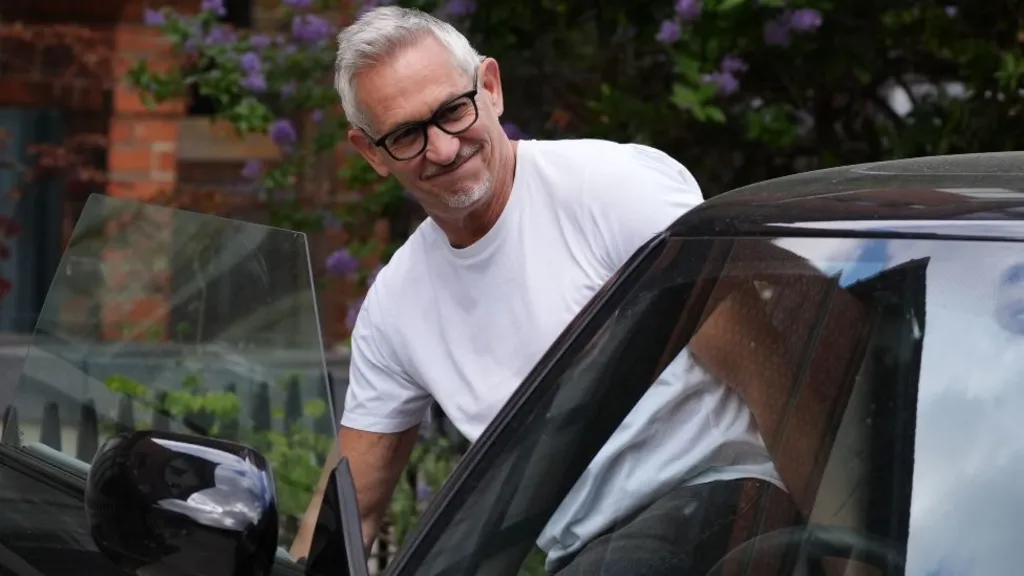
Veteran broadcaster Gary Lineker has announced he will step down from the BBC sooner than expected, following backlash over comments made during the ongoing Israel-Gaza conflict.
“I recognise the upset I caused”
Lineker, one of the BBC’s most prominent hosts and a former England footballer, confirmed his early exit after acknowledging the controversy caused by his remarks on social media. In a statement shared publicly, he said, “I recognise the upset I caused, and that was never my intention.”
The move follows intense criticism from the public and media watchdogs alike, after Lineker responded to posts related to the conflict in Gaza with comments that some felt downplayed the severity of antisemitism. The remarks triggered renewed debate about public broadcasters, personal expression, and impartiality in media.
BBC responds amid ongoing scrutiny
The BBC has not issued a direct comment on Lineker’s early departure at time of writing, but the situation has reignited discussions within the broadcaster about how on-air personalities should conduct themselves on social platforms. Lineker, who had planned to exit his role later this year, decided to bring that timeline forward following the row.
The BBC has long faced questions about its impartiality policies, particularly when high-profile presenters share personal views online. This case has amplified calls for clearer boundaries between private expression and professional responsibility.
The wider conversation: Social media and public figures
The incident comes at a time when broadcasters and journalists are under growing scrutiny for how they use social media. In a recent piece, Newstalk ZB host Heather du Plessis-Allan remarked that public figures have a responsibility to choose their words carefully online, noting, “Grownups don’t need to use social media to make every thought public.”
Gary Lineker has been no stranger to public commentary over the years. While he has a loyal fan base, his outspokenness on issues ranging from refugee policy to football governance has often landed him in the headlines. This latest controversy may now shape how broadcasters set expectations for presenters in the digital age.
What now for the BBC—and others?
While no successor to Lineker has been confirmed yet, the BBC may be looking at this as an opportunity to reshape its coverage teams and potentially revisit internal policy around digital conduct.
For Kiwi readers, this raises familiar questions too. Local outlets like RNZ and TVNZ have also grappled with how journalists use social platforms—especially when personal views may be perceived as representing their organisations.






